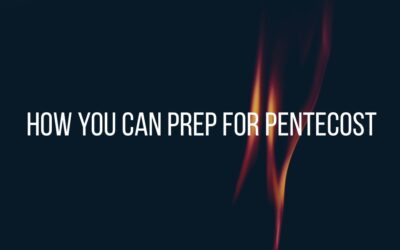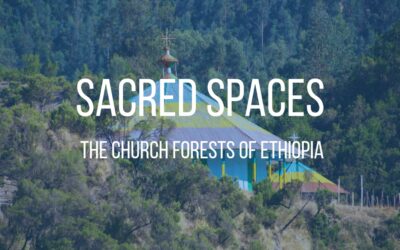Lessons Learned in Quarantine and Beyond
Do you remember that first Sunday when you stayed cloistered in your home with the immediate family, when you exchanged your dapper church clothes for a pair of pajamas and made pancakes in the pan instead of preaching from the pulpit? Did it make you wonder? How do we do church, now? How do I pastor during a global pandemic?
The global pandemic lockdowns compelled Christian leaders to reconsider ministry. The persistent threat of an evolving virus and the loss of so many friends, family, and members of our congregations taught us as ministry leaders the need to adapt and evolve to meet the changing needs of our communities. While we may wish to go back to the comfort of the “good old days,” it is no longer an option.
The pandemic prompted a good deal of introspection and learning for ministry leaders.
TPW’s team was curious to know some of the learning that pastors gained through the crisis. This week, we share the responses of several pastors from various denominations, who have graciously offered what they learned. We think their responses will be an encouragement to you.
May God continue to mature His Church to respond to the needs of an ever-changing world in moments of conflict and chaos, crisis and change!
What Pastors Had to Say: Survey Results
Looking back, what are some key lessons you’ve learned as a pastor navigating the challenges of the pandemic, both personally and in terms of ministry leadership?
I learned the need for trust.
— Charles Teixeira, ECO Presbyterian, Texas
People need care, connection, one another. They need leaders to check in on them. Leaders that are present and emotionally available. I learned to focus on what matters most; being a shepherding pastor that disciples our people intentionally and well.
Learned how to be creative in discipleship, care and connection of our people. Developed livestream platform. We had to really focus on calling, checking in, keeping leaders engaged and teaching in creative ways.
— Robert Michael Kenyon, ECO Presbyterian Church, California
Flexibility and adaptation are essential aspects of ministry moving forward. Self-care is also essential.
— Lisa Degrenia, United Methodist Church, Florida
(1) The importance of prayer, both personally and corporately; people were feeling so isolated and vulnerable they were more open to connecting online to pray.
(2) Another key lesson was personally calling each person in the church, to check in with them, hear their fears and concerns (and sometimes complaints!), and pray with them.
(3) Communicate and over-communicate. I was sending out weekly updates to the church, sometimes long, sometimes short, trying to update and explain different things were doing in response to the conditions and changing guidelines. People needed and appreciated the regular and ongoing communications.
(4) The training/advice that pastors should be a “non-anxious presence” was really true during the pandemic. We were in uncharted territory with no experience to look back on and no roadmap for the future. We just had to trust the Lord, pray, try to keep encouraging our people.
— Pastor in a non-denominational church, California
Were there unexpected blessings or positive outcomes that emerged for your church/ministry during the pandemic, and how have these influenced your approach moving forward?
What worked in the past wasn’t an option during covid. This led to more creative approaches to ministry. Like many, we grew our livestream presence.
One big take away is the value on personal connection and contact with our people. Moving beyond programs to life on life ministry.
— Mike Kenyon
Some ministries that had outlived their fruitfulness ended during the pandemic. There was no pressure to start them again following the pandemic. A clean slate for trying new things and discerning what is essential moving forward.
— Lisa Degrenia
Like most churches, pre-Covid we didn’t live-stream our services. Our web site was functional, most informational, with audio recordings of previous messages. The pandemic forced us to go online and thanks to my staff and several individuals in the congregation who were courageous, committed, and innovative we managed to livestream our services and improve a little bit every week. Because of the pandemic, we were forced to develop our online reach in ways beyond anything we would have planned for ourselves.
— Pastor in a non-denominational church
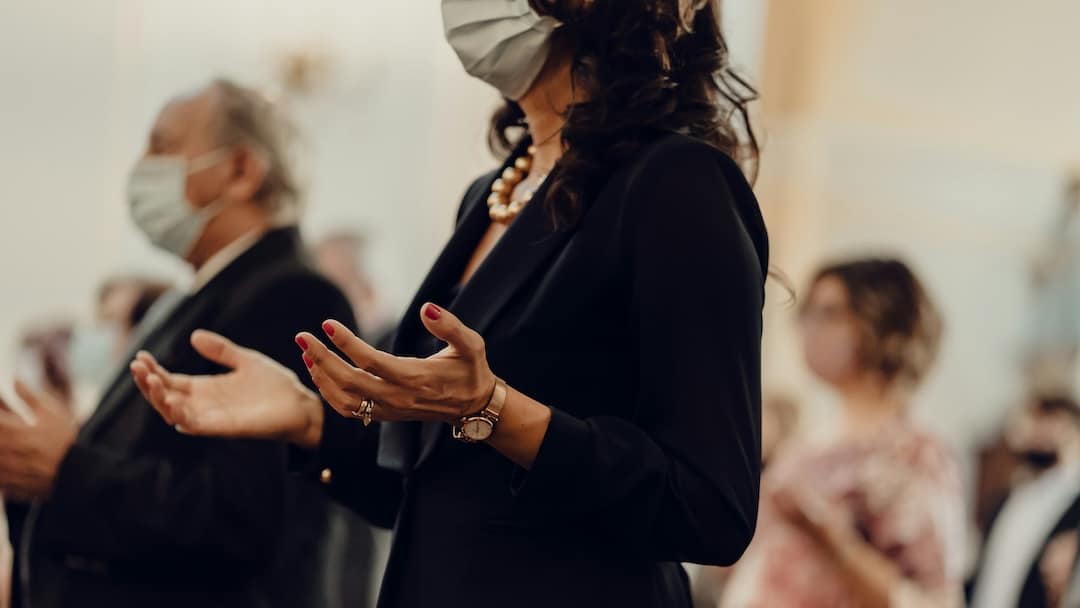
In hindsight, is there anything you wish you had known or been better prepared for as a pastor when the pandemic first hit?
Wish we would have started meeting in person sooner. Even at a local park, at a distance. It would have led to less isolation and loneliness.
— Mike Kenyon
Better at technology.
— Lisa Degrenia
How has the financial aspect of the church/ministry been impacted by the pandemic, and what strategies are you implementing to ensure financial stability and sustainability in the future?
Giving went down and we needed to rebuild our base, but key donors kept our ministry funded. We continue to build up our reserves.
— Mike Kenyon
Churches are starting multiple income streams in addition to tithes and offerings as essential to funding ministries. (Thrift stores, establishing endowments, renting portions of the church property, grants, etc.)
— Lisa Degrenia
By God’s grace and faithfulness, and our people’s commitment and generosity, our church did not take a huge financial hit during or coming out of the pandemic. Even though we didn’t meet in person, people continued to give to the church. Our church leadership has always maintained a transparency when it comes to our church finances, giving monthly updates about our financial situation (even before Covid) so people know where we’re at financially. We regularly thank the Lord and our people for their generosity and giving, and clearly communicate our financial need if/when needed.
— Pastor in a non-denominational church
Do you have any other insights/reflections that you would like to share?
The pandemic marked the beginning of a missionary age in America. Trends that were already in motion before the pandemic increased in speed during the pandemic. This includes the decline in participation in Christian worship and discipleship. It also includes the decentralization of spiritual nurturing from the local church to many sources (podcasts, YouTube, apps, and other media).
— Lisa Degrenia
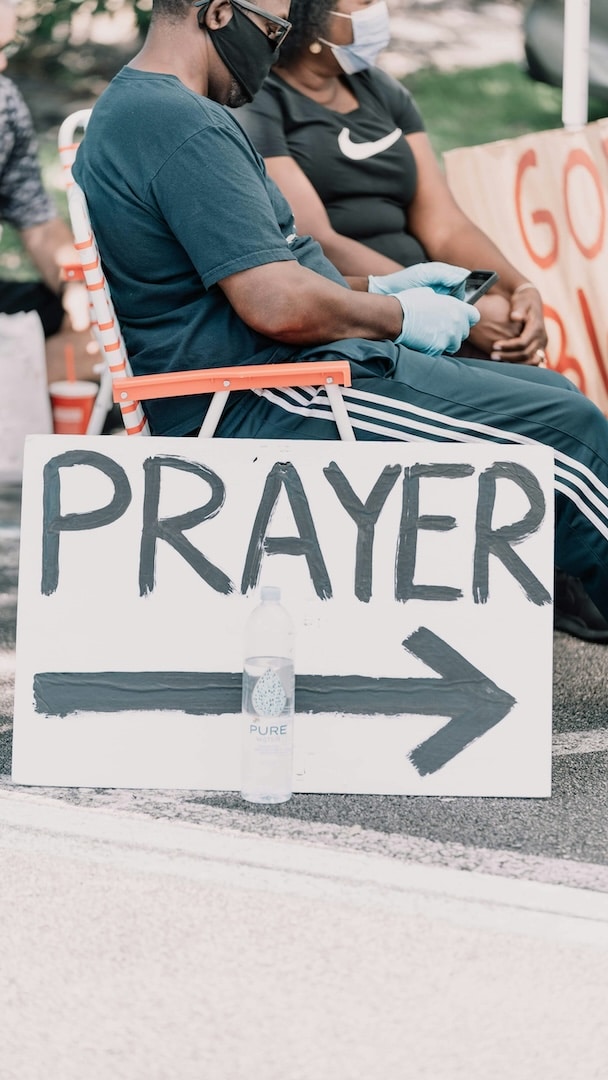
As we close, we want to say “thank you” to all of you who served during this difficult and tumultous season. Each of you carried a heavy burden. There were so many hard decisions to make, relationships to nurture, all the while keeping up with the myriad tasks that come with being in pastoral ministry. But hopefully you, like our contributors in this post, have healed and learned more and more what it means to witness to the light of Christ in your specific contexts.
What have you learned from the COVID Pandemic? What shifts in your priorities took place? What ways do you see Jesus differently having undergone such an uncertain time? We hope you learned something new today, or at least were reminded of some of the significant ways the church has changed since the coronavirus changed the world some four years ago.
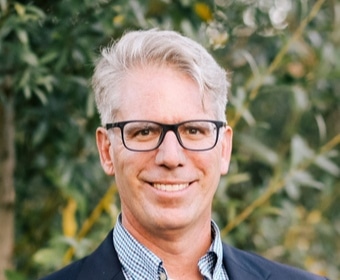
Don’t Miss
The Latest From Our Blog
New Site Launches Tomorrow!
Watch this Space! Tomorrow (May 29) is the official launch of the new The Pastor's Workshop site! Return to this blog tomorrow morning for a post highlighting the new features and explaining how subscribers can get on and start using the site! Here are some new...
How You Can Prep for Pentecost
This was originally posted on May 12, 2016 on https://huffpost.com Pentecost Came Like Wildfire I'm lying on an ice pack early this morning, doing my back exercises and listening to Pray as You Go, a tool for meditation, with monastery bells, music, and a Bible...
Sacred Spaces: the Church Forests of Ethiopia
Let's Go to Ethiopia! Here’s a fun exercise with a spiritual payoff. Go to Google Maps and view aerial images of the South Gondar zone of Ethiopia. Use this button:When the page loads, you'll see a light brown countryside, mostly farmland. There are thin lines of dark...



